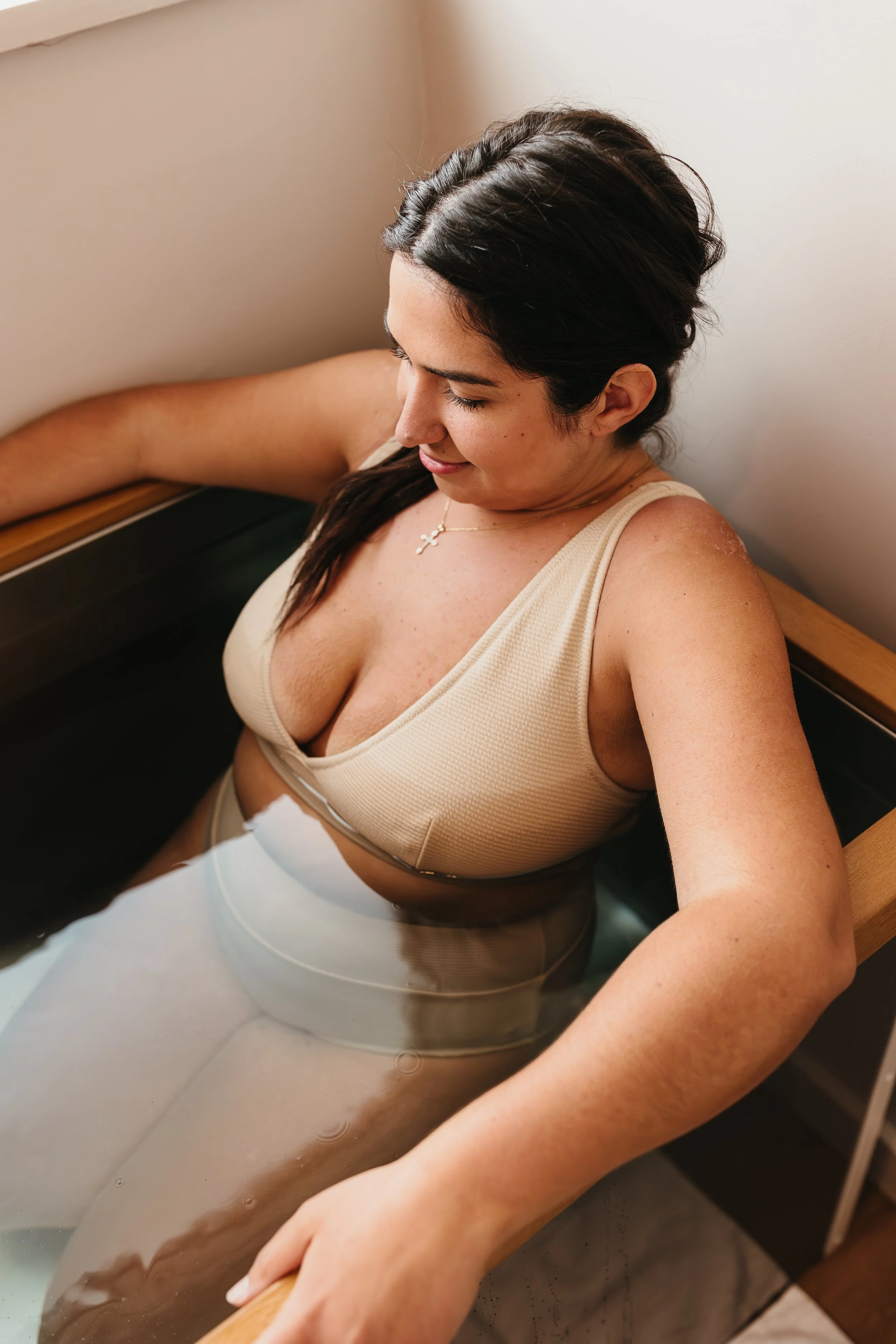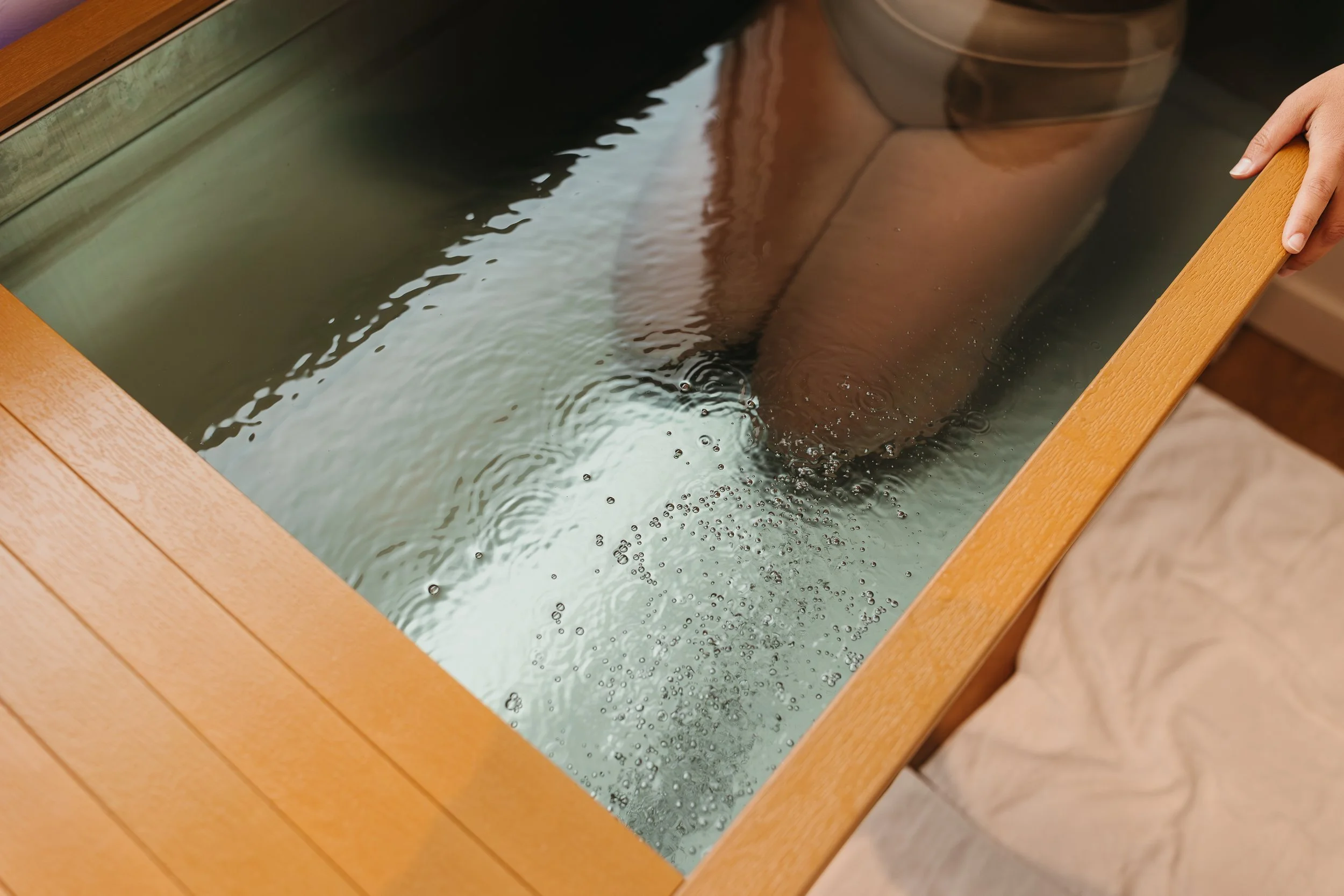PLUNGE
Cold plunge therapy in a frosty, tranquil tub is like a shock of vitality for both body and mind.
As you immerse yourself in the invigorating chill, your senses awaken, and a rush of endorphins surges through you. It's a revitalizing plunge into the icy abyss that ignites energy, tightens your skin, and invigorates your soul.
Why Plunge?
Heighten Immune Response
Improve Skin Tone
Improve Mental Clarity
Increase Energy
Enhance Recovery
Reduce Stress
Choose Your Session
10 Min Plunge
$25
3 Plunge Package
$60
Sweat + Plunge
$60
30 Sweat + Plunge
Plunge alone or add a Sweat session before!
-
Yes, cold plunge sessions can aid in muscle recovery by reducing inflammation and improving circulation. Athletes often use cold plunge sessions to speed up recovery after intense workouts or competitions.
-
Cold plunge sessions are generally safe for most individuals. However, if you have certain medical conditions, it's essential to consult with a healthcare professional before participating.
-
A typical cold plunge session usually lasts for a few minutes, typically between 1 to 5 minutes. The duration can vary based on your comfort level and individual preferences. It's crucial to listen to your body and not stay in the cold water for too long.
-
What you wear into your plunge is up to you. We recommend that people new to ice baths wear a T-shirt and shorts. Most experienced plungers wear at least a bathing suit.
-
The frequency of cold plunge sessions can vary depending on your goals and preferences. Many people incorporate cold plunges into their weekly wellness routine, ranging from a few times a week to daily.
-
If you have cardiovascular conditions, such as heart disease, high blood pressure, or arrhythmias, cold plunges can strain your heart and should be avoided unless cleared by your doctor.
If you have Raynaud's disease or poor circulation, cold exposure may worsen symptoms, causing discomfort or complications.
If you have respiratory conditions, such as asthma or COPD, the shock of cold water can trigger breathing difficulties.
If you are pregnant, consult your healthcare provider before using a cold plunge to ensure it is safe for you and your baby.
If you have sensory or nerve disorders, such as peripheral neuropathy, cold exposure may increase the risk of injury due to reduced temperature sensitivity.
If you have open wounds, rashes, or skin conditions like eczema or psoriasis, avoid cold plunges to prevent irritation or delayed healing.
If you have severe anxiety or other mental health conditions sensitive to stress, the shock of a cold plunge may not be suitable without professional guidance.
If you have recently had surgery, wait until you are fully healed and cleared by your doctor before attempting a cold plunge.



